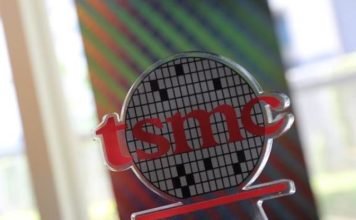 The virtual assistants – driven by artificial intelligence (AI) will enable telcos to save $1.2 billion on customer care management by 2022 with a CAGR of 17 percent over the next five years, according to ABI Research.
The virtual assistants – driven by artificial intelligence (AI) will enable telcos to save $1.2 billion on customer care management by 2022 with a CAGR of 17 percent over the next five years, according to ABI Research.
ABI Research forecasts that AI investments by telcos will reach $14 billion by 2022 with a CAGR of 22.4 percent.
Telcos are investing in artificial intelligence to improve their customer services. Telcos are currently prioritizing these virtual assistants primarily to improve customer engagements and consequently reduce churn rates.
Telcos are also positioning themselves to compete directly with the Siris, Cortanas and Alexas of the Webscale giants.
“The recent introduction of virtual assistants in customer service signifies the level of urgency within telcos to start emphasizing the importance of customer relationships and customer care management, something they have been taking for granted for decades,” said Sarju Vasavada, industry analyst at ABI Research.
Telcobots now assist customers with a variety of issues ranging from basic account inquiries to SIM purchases, service troubleshooting, and technical settings.
Several telcos are leveraging AI and NLP heavyweights, including IBM Watson, Nuance, LivePerson, and IPsoft or are building technology in-house.
Telefonica is developing their digital chatbot, Aura for 2018, and DT’s Tinka is already averaging 50k customers in Austria every month. Telcos are realizing the benefits of adding virtual assistants for customer service delivery and are aggressive in introducing them throughout their footprint.
Global telecom operator Orange will release its multi-talented chatbots Djingo in early 2018. Korean telecom operator SK Telecom announced the release of their multi-talented chatbots Nugu in early 2018.
Vodafone released TOBi, a virtual assistant to address their customer service woes after being fined £4.6 million by U.K. regulators Ofcom for falsely charging more than 10k pay-as-you-go customers for top-up credit.





